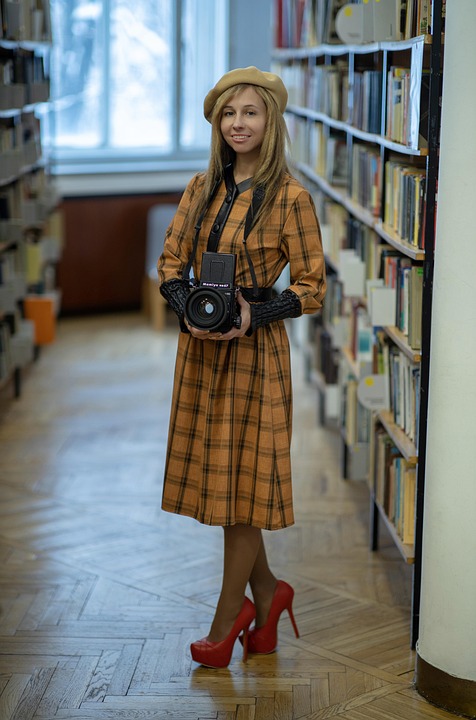In the realm of journalism, the ability to conduct compelling interviews is nothing short of an art form. It requires not only a keen sense of inquiry but also the skill to navigate the complexities of human interaction. Here are some essential guidelines that will elevate your interviewing prowess, ensuring you elicit the most insightful responses from your subjects.
1. Preparation is Key
Before you even step into an interview, arm yourself with knowledge. Research your subject thoroughly. Understand their background, their work, and any controversies or achievements that might shape your conversation. This groundwork not only builds your confidence but also signals to the interviewee that you value their time and insights. A well-prepared journalist is often met with a more open and forthcoming interviewee.
2. Crafting the Perfect Questions
The questions you pose can make or break an interview. Aim for open-ended questions that encourage elaboration. Instead of asking, "Did you enjoy your last project?" consider a more engaging approach: "What aspects of your last project brought you the most satisfaction, and why?" This technique invites a narrative, allowing the interviewee to share their experiences in a richer context. Balance your questions: mix in some lighter queries to ease tension alongside more probing ones to dig deeper into their thoughts.
3. The Art of Listening
While the questions you ask are crucial, your listening skills are equally important. Active listening fosters a sense of connection and trust, enabling the interviewee to feel comfortable sharing their story. Pay attention not just to their words but also to their tone, body language, and emotions. Sometimes, a simple nod or an encouraging "go on" can prompt them to reveal more than they initially intended.
4. Navigating Difficult Topics
Every journalist encounters sensitive issues, but handling them with grace can turn a potentially awkward situation into a moment of profound insight. Approach tough subjects with empathy; frame your questions in a way that shows you understand the sensitivity. For instance, “I know this topic can be quite personal, but how has it shaped your perspective?” This approach not only shows respect but also invites authenticity.
5. Creating a Comfortable Atmosphere
The environment in which you conduct an interview can significantly influence the quality of the conversation. Whether it’s a bustling café or a quiet office, ensure the setting aligns with the tone of the discussion. Make small talk before diving into the interview to break the ice; it’s a simple yet effective way to ease into the more serious topics.
6. Follow Up and Clarify
Don’t hesitate to ask follow-up questions. If something piques your interest or seems unclear, pursue it. Phrases like "Can you elaborate on that?" or "What did you mean when you said…?" not only demonstrate your engagement but can also lead to unexpected revelations. Remember, the most enlightening moments often come from spontaneous dialogue rather than scripted questions.
7. Wrap It Up Thoughtfully
As you approach the end of the interview, summarise key points to ensure clarity and accuracy. This not only shows your attentiveness but also gives the interviewee an opportunity to clarify or expand upon their thoughts. A thoughtful conclusion can leave a lasting impression, ensuring they feel valued and understood.
Embrace the nuances of interviewing; it’s a dance of dialogue where both parties contribute to the rhythm of the conversation. By mastering these essential guides, you’ll not only enhance your skills as a journalist but also deepen your connections with those you interview.
CVPortal continues to bring you a variety of high-quality CV references, ensuring your professional journey is as compelling as the stories you seek to tell.


